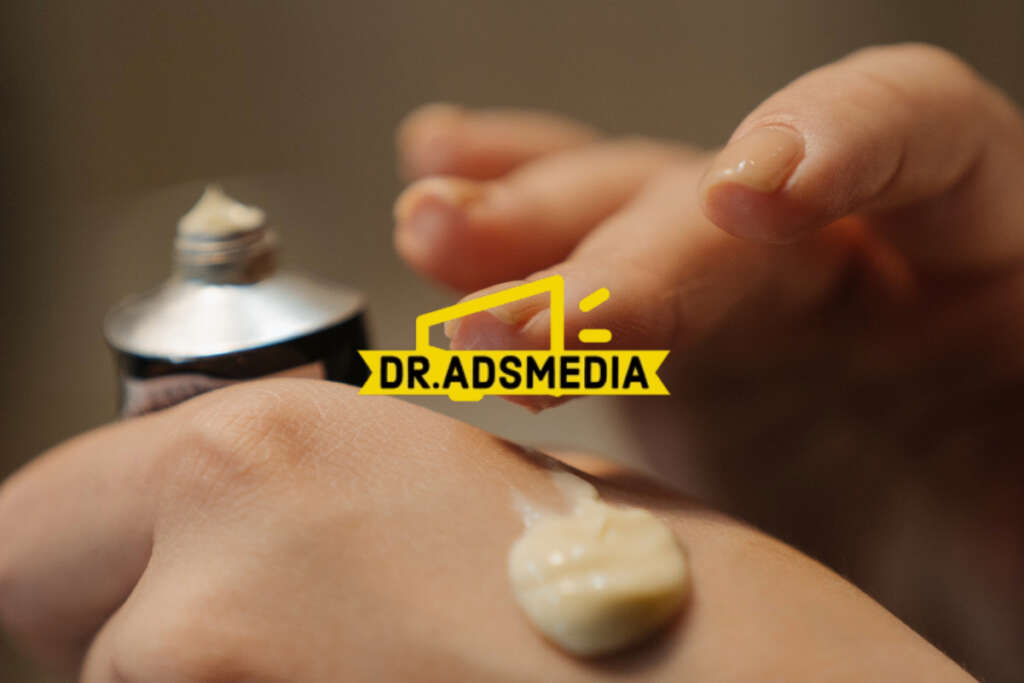The skin is our largest organ and also the first protector of the body from various environmental factors. Apart from its critical role in maintaining our health, skin also plays a role in our physical appearance. Therefore, more and more people are interested in skincare or skin care. In this article, we’ll explore what skincare is, why it’s important, and the steps to achieving healthy and beautiful skin.
What is Skincare?
Skincare is a set of measures designed to care, protect, and promote skin health. It’s not just about washing your face before going to bed, but about following a regular skin care routine to keep skin healthy and well maintained. A good skincare routine can include a variety of products and practices, such as facial cleansers, moisturizers, the use of sunscreen, and special care according to your skin’s needs.
Why is Skincare Important?
Skin care is important because our skin is constantly exposed to various environmental factors that can damage it. Here are some reasons why skincare is important:
1. The Main Protector
The skin is our body’s first barrier against pollution, dust, bacteria, and other foreign bodies. By taking good care of the skin, we can ensure that this protection remains optimal.
2. Skin Health
Skincare helps maintain the skin’s oil and moisture balance. This can help prevent skin problems such as acne, dry skin, or excessive oily skin. In addition, some products contain vitamin antioxidant serums to protect the skin.
3. Anti-Aging
Certain skincare products, such as anti-aging creams, can help reduce signs of aging such as wrinkles and fine lines. This anti aging works by protecting the skin from UV rays, the cage is also accompanied by vitamins that help regenerate your skin.
4. General Health
Some skin problems, such as eczema or psoriasis, require special treatment. A proper skincare routine can help manage this condition. But don’t diagnose yourself without consulting an expert.
5. Self-Confidence
Healthy skin looks and feels better. This can improve self-confidence and overall quality of life. Some careers also emphasize skin health to make you more confident.
6. Preventive
Good skin care can prevent potential skin problems before they develop into more serious problems. We all know the threat of skin disease comes from many factors, such as pollution, UV rays and foreign substances. An ounce of prevention is worth a pound of cure.
Basic Steps to Use Skincare
Any effective skincare routine starts with basic steps. Here are the steps commonly found in a skincare routine:
1. Cleansing
Cleansing is the first and most important step in skincare. It involves using a facial cleanser to clean dirt, oil, and makeup residue from the skin.
2. Exfoliation
Exfoliation is a step to remove dead skin cells and reveal brighter skin underneath. This can be done with scrubs or chemical exfoliating products.Toner: Toners are used after cleansing to restore the skin’s pH and prepare the skin for future care products.
3. Special Care (Serum)
Serum products contain active ingredients intended for specific skin problems, such as anti-aging or hyperpigmentation reduction.
4. Moisturizer
Moisturizer is an important step to keep skin hydrated and lock in moisture.
5. Sunscreen
Sunscreen is the last step in your morning care routine to protect your skin from exposure to harmful UV rays.
In addition to these basic steps, skin care can be tailored to individual needs. For example, people with oily skin may need different products compared to people with dry skin. In addition, skin care must also be adjusted to the skin type, age, and skin problems that may exist.
Common Skincare Products
There are various skincare products available in the market, and choosing the right one for your skin can be a challenging task. Here are some commonly used skincare products:
1. Cleanser
Can be gel, foam, or oil, facial cleanser cleanses the skin of dirt and makeup. This cleanser is usually used to clean your face before washing your face, for example cleaning make up or oil and dust.
2. Exfoliator
These can be mechanical scrubs or chemical products that contain acids to remove dead skin cells. Its use can be gently rubbed on the surface of the skin. However, it is not recommended to scrub every day.
3. Toner
Toner helps hydrate and soothe the skin, and restores the pH after cleansing. As a refreshing effect on the skin. Like a plant that is receiving rainwater.
4. Serum
Serums contain active ingredients such as vitamin C, hyaluronic acid, or retinol to treat specific skin problems. Consult with a dermatologist to use a serum that suits your skin.
5. Moisturizer
Moisturizer keeps the skin moisturized by locking in moisture. The skin is made up of cells that contain water. So it is necessary to maintain moisture so that it does not age quickly at a young age.
6. Sunscreen
Sunscreen protects the skin from UV rays that can damage the skin and cause premature aging. Even when you are indoors, you need to wear sunscreen, so that your skin remains protected from UV A and UV B rays.
7. Face Masks
Face masks can provide intensive care for certain skin problems, such as extra hydration or inflammation reduction.
8. Peel-off Mask
This type of mask helps unclog pores by removing dirt and dead skin cells while exfoliating. Use a mask once every two weeks to remove dead skin cells normally.
9. Spot Treatments
This product is used locally in certain areas to treat acne, black spots, or other skin problems. If you have stubborn acne you also need to use this product, but still consult a doctor first.
Tailor Your Skincare Routine to Your Skin Type
Everyone has a different skin type, and effective skincare products can vary according to skin type. Here are some common skin types:
1. Oily Skin
People with oily skin tend to have enlarged pores and excess oil production. They require products that regulate oil and prevent acne.
2. Dry Skin
Dry skin tends to be dull, rough, and peels frequently. Products containing strong moisturizers are necessary to maintain moisture.
1. Sensitive Skin
Sensitive skin can be easily inflamed or irritated. Products that are gentle and free of irritating ingredients are essential.
2. Normal Skin
Normal skin tends to be balanced and not too oily or dry. People with this skin type still need to keep moisture and protect from UV rays.
3. Combination Skin
Combination skin has oily areas such as the T zone (forehead, nose, and chin) and dry areas around the cheeks. The skincare routine should adjust to these differences.
Additional Tips in Skincare
In addition to the basic steps and choosing products that suit your skin type, here are some additional tips in skincare:
1. Don’t Squeeze Pimples
Even though it is very tempting, squeezing pimples can cause inflammation and scars. It’s best to avoid this habit. Wait for the pimple to mature and deflate by itself.
2. Drink Enough Water
Drinking enough water is important to keep the skin hydrated from within. Because the skin contains water that keeps it from wrinkles
3. Hydrate from the Inside
Eat healthy foods that contain omega-3 fatty acids and vitamins A, C and E which are good for the skin. You can consume vegetables and fruit such as broccoli, oranges, papaya and avocado.
4. Stop Irritating Products
If you experience irritation or an allergic reaction to a particular product, discontinue use. There is no product that is truly instant, it is actually dangerous. Use natural products and consult the experts.
5. Consultation with a Dermatologist
If you have serious skin problems or are unsure of the products you should use, consult a dermatologist or beautician. They will choose the right product for your skin.
Conclusion
Skincare is an effort to care for and protect your skin to keep it healthy and shiny. It’s a routine that can be tailored to your skin type, age, and any skin concerns you may have. The basic steps in skincare involve cleansing, exfoliating, toning, special care, moisturizing, and sunscreen. It is important to choose products that suit your skin type and are consistent in caring for your skin. With proper care, you can achieve healthy, bright and glowing skin with confidence.
Also Read : Plan for Healthy Living to Achieving Wellness Through Lifestyle


